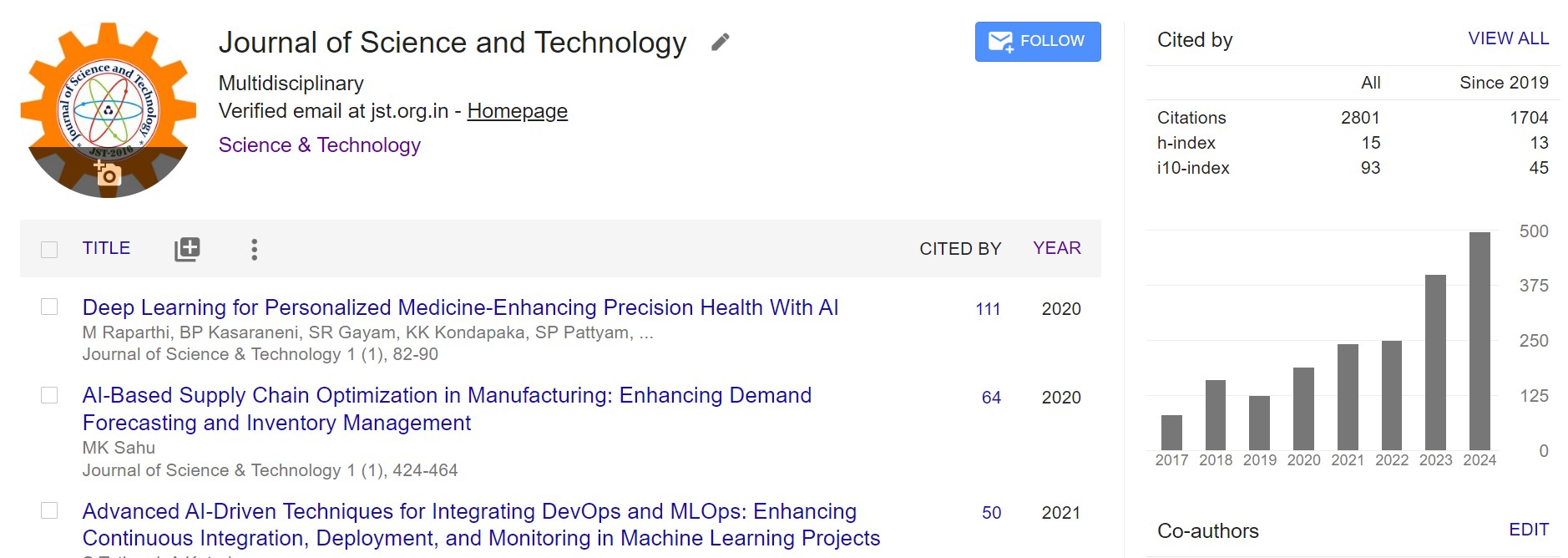Association Rule Generation for Student Performance Analysis usingApriori Algorithm
DOI:
https://doi.org/10.46243/jst.2022.v7.i03.pp107%20-112Keywords:
Apriori, Association Rules, Data mining, Knowledge Discovery, Rule FilteringAbstract
The objective of the educational institution that is producing good results in their academic exams can be achieved by using the data mining techniques which can be applied to predict the performance of the students and to impart the quality of education in the educational institutions. Data mining is used to extract meaningful information and to develop relationships among variables stored in large data set. In this paper, Apriori algorithm is used which extracts the set of rules, specific to each class and analyzes the given data to classify the student based on their performance in academics. Students are classified based on their involvement in doing assignment, internal assessment tests, attendance etc., which helps to predict the performance of the student based on the pattern extracted from the educational database. This would help to identify the average and below average students and to improve their performance to provide good results. This analysis further helps matching organization„s requirement with students profile to provide placement for the students. Also, the interestingness of a rule is measured using lift in itself and as a part in formulae. The range of values that lift may take is used to normalize lift so that it is more effective as a measure of interestingness. This standardization is extended to account for minimum support and confidence thresholds.


























